

Fund for Change
Every time someone travels with Steppes, we set aside £115. Some goes to World Land Trust for carbon offsetting. 50% of what’s left is split between Seawilding, The Long Table and our Fund for Female Guides. The rest? Scroll down to choose
Vote for your favourite project
You can elect to allocate the rest of the money to one of our three projects, or you can choose to support one of three others, carefully selected to help make our world a better place. What’s more, you can choose to make your own donation should you wish
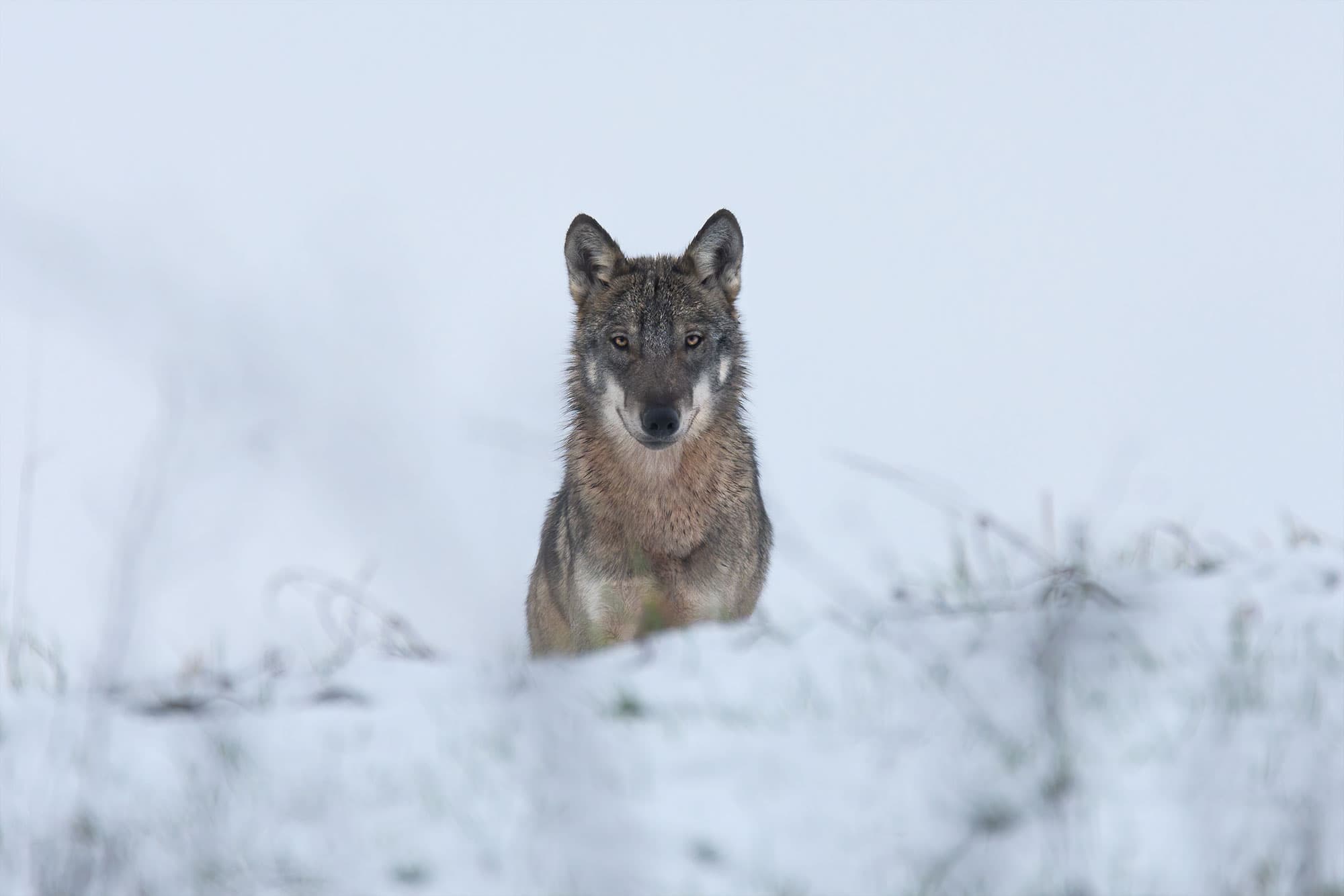
Wolf protection
Promoting coexistence between human activities and the presence of the wolf
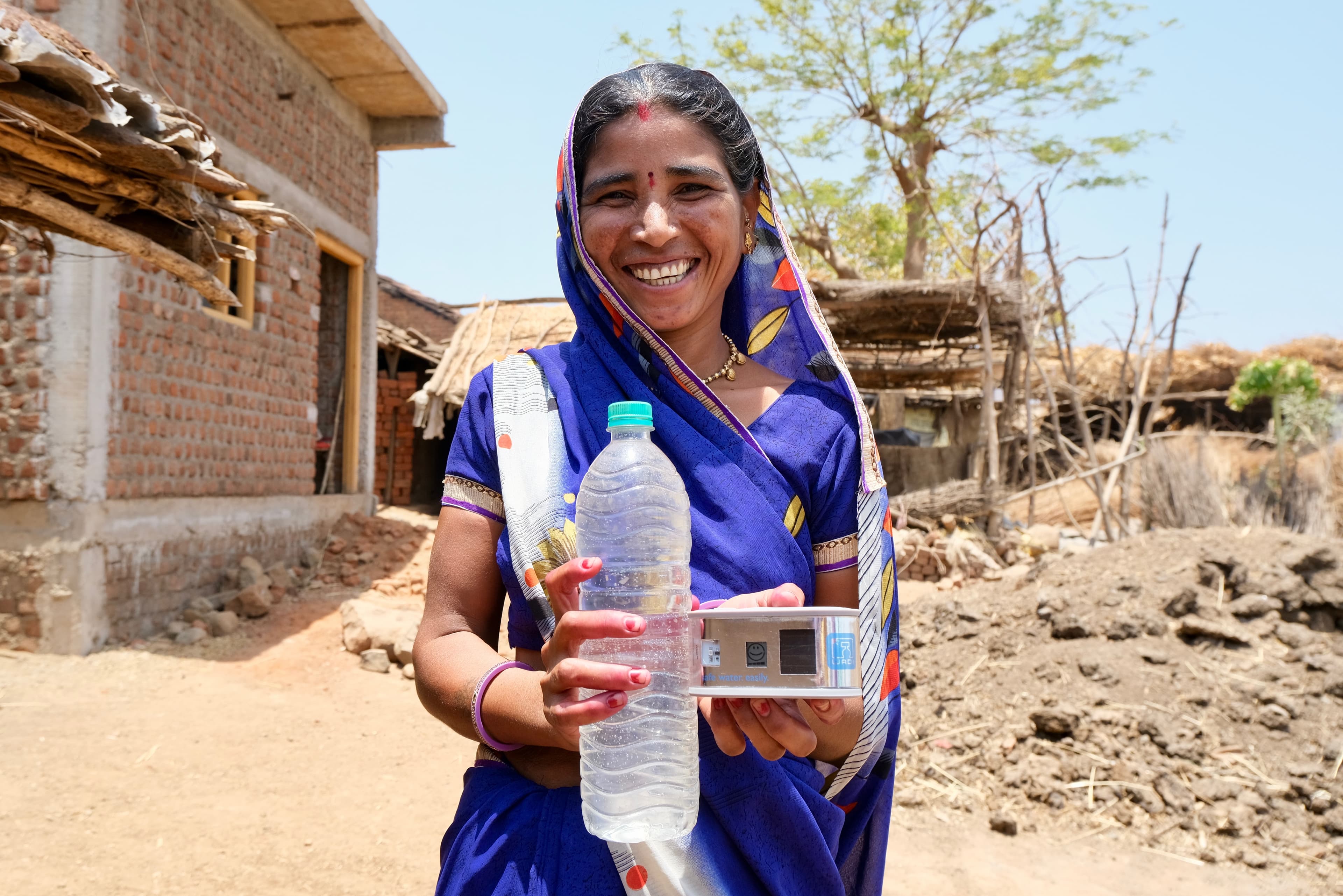
Water purification with Solar
Distributing solar water distillation devices providing access to safe drinking water
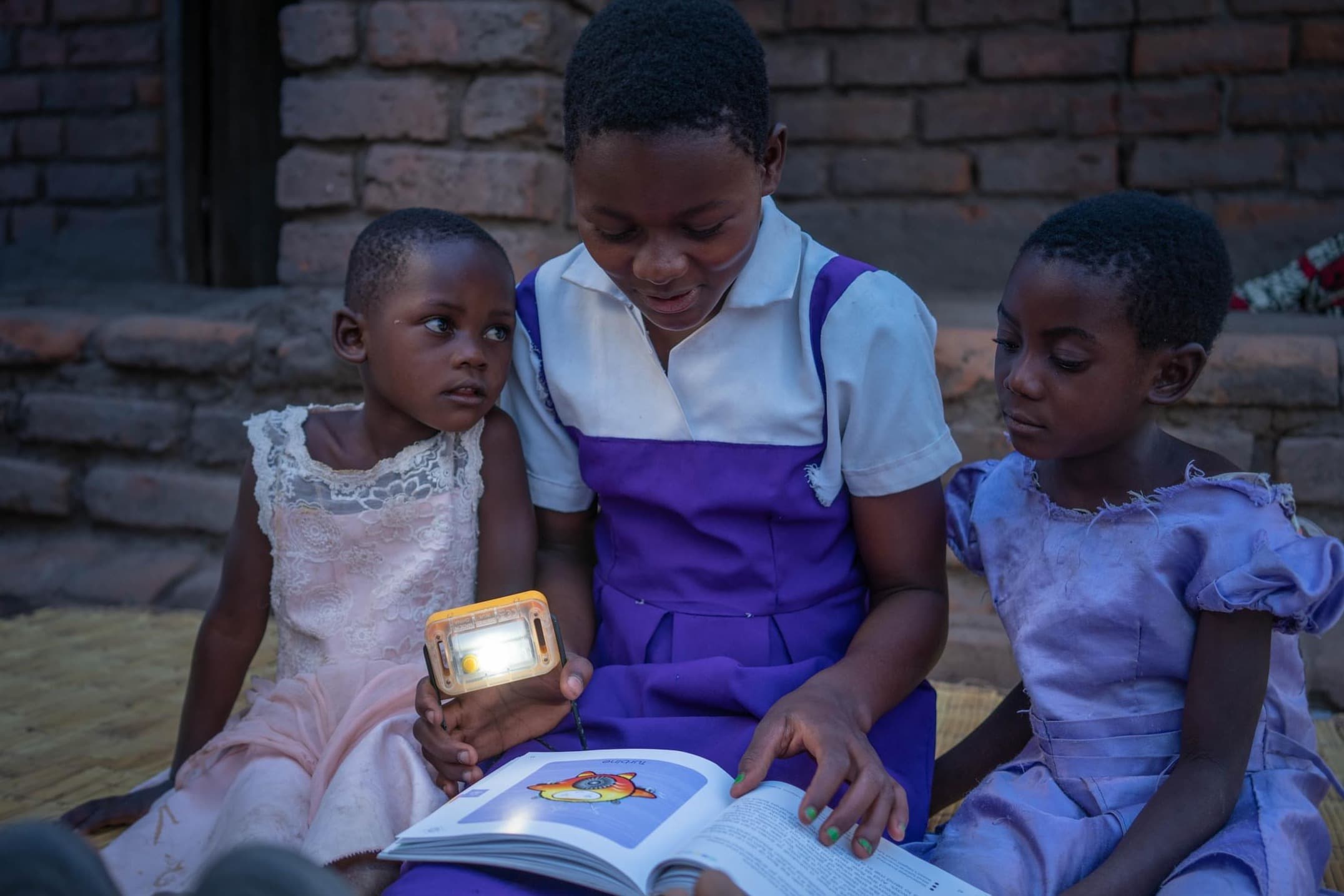
Solar energy Africa
Distributing solar lights throughout Africa for people living without electricity
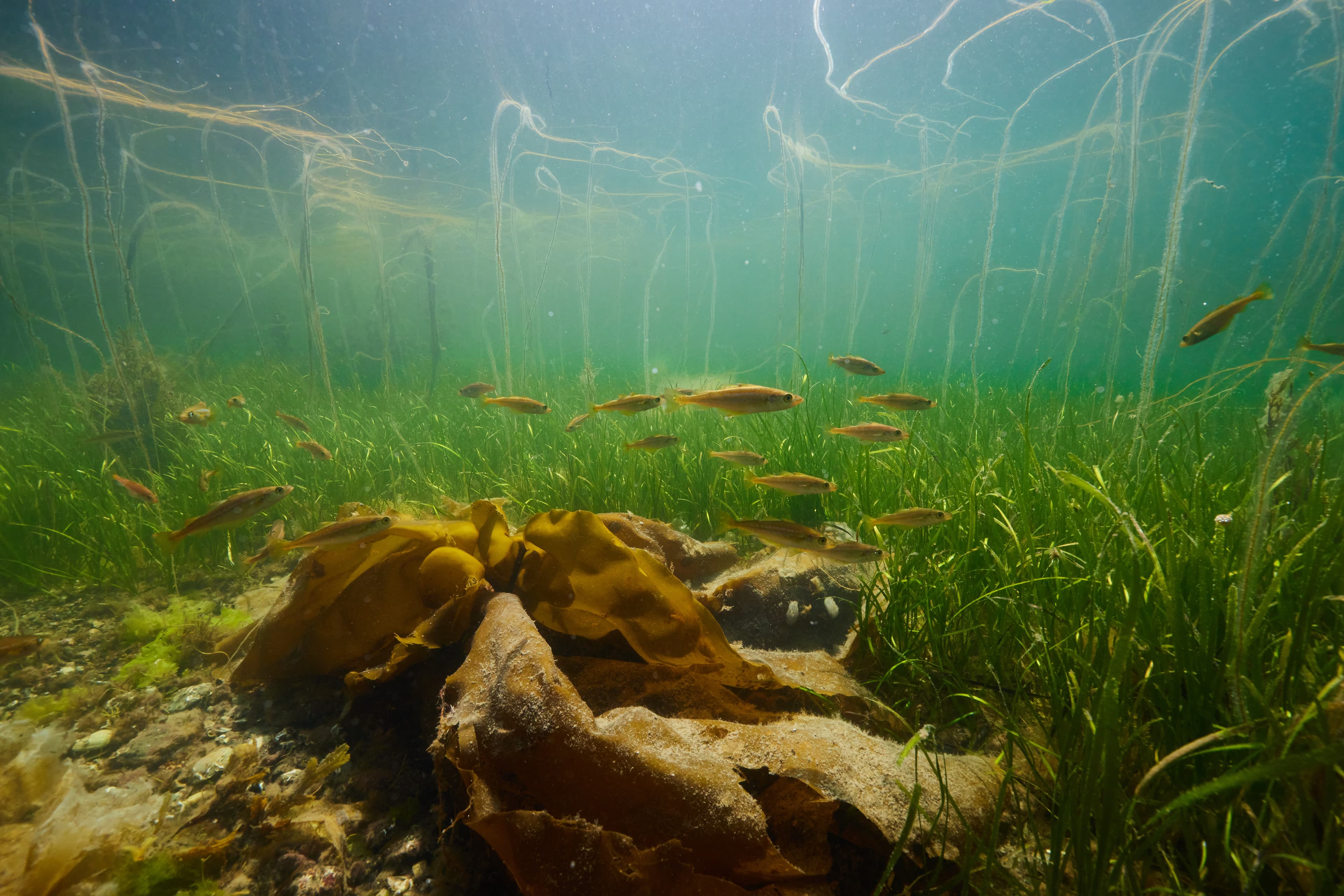
Oyster & seagrass restoration
This project is championed by Steppes and is not part of the Pinwheel programme
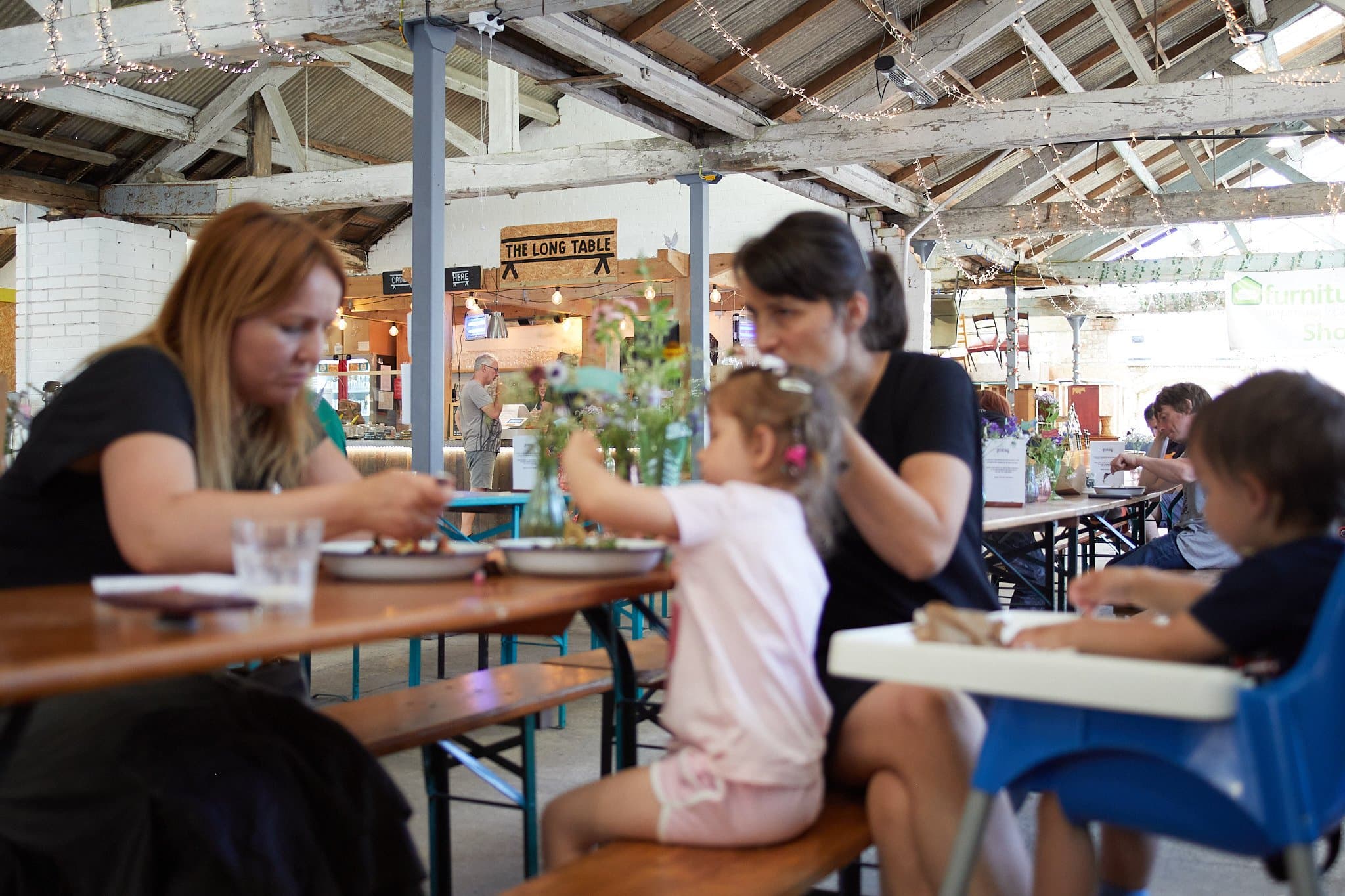
The Long Table
This project is championed by Steppes and is not part of the Pinwheel programme
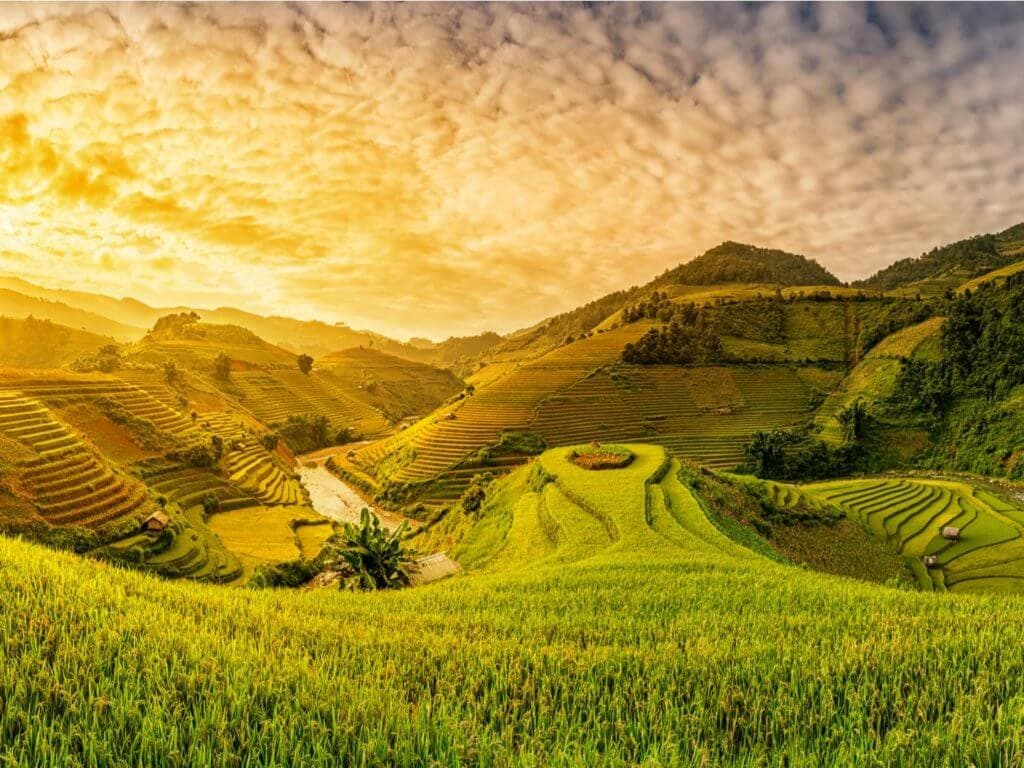
Steppes Fund for Female Guides
This project is championed by Steppes and is not part of the Pinwheel programme
Our Steppes Fund for Change Projects
6 game changing projects seeking to challenge the status quo. Learn about them, choose your favourite and lend them your support
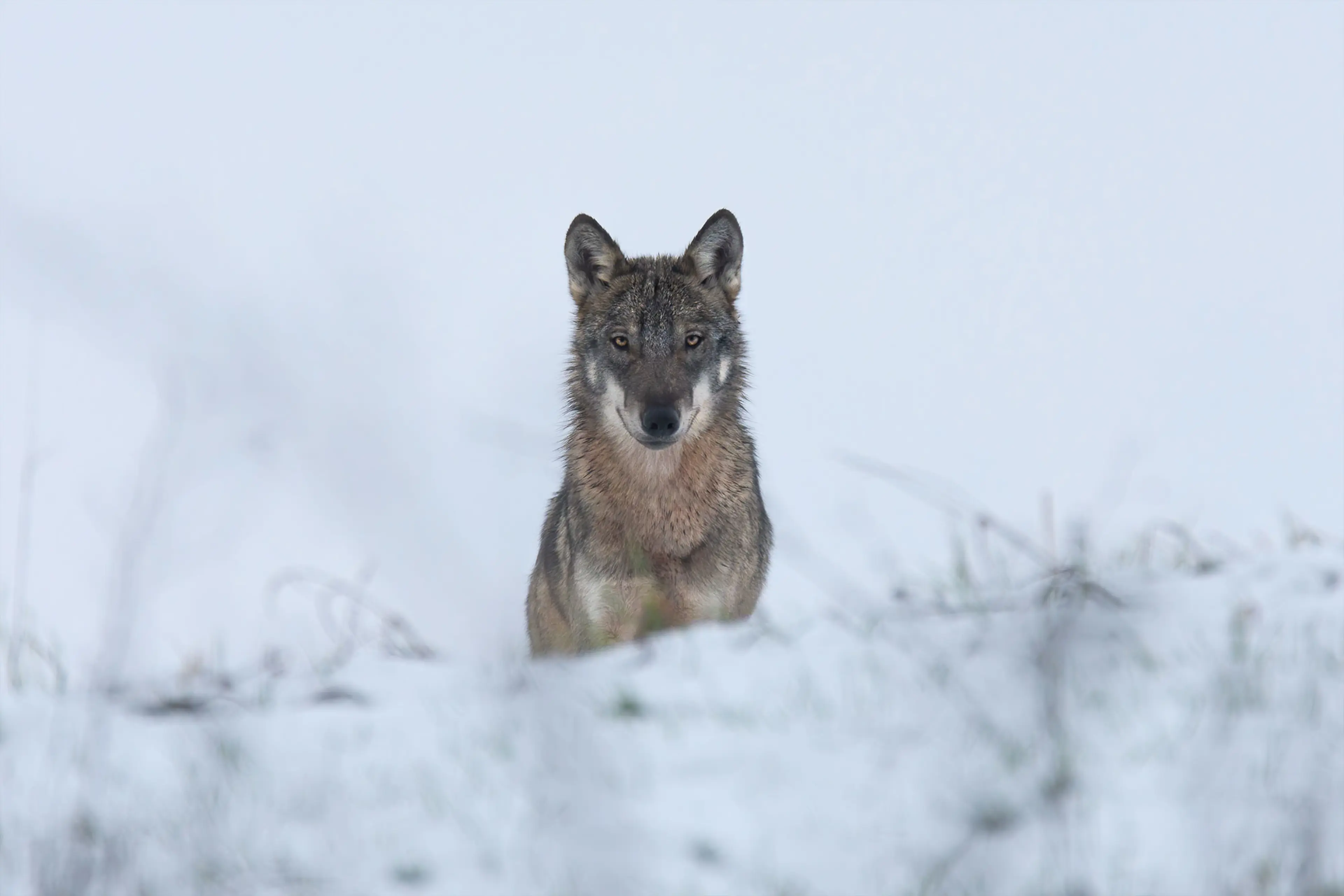
Wolf Protection - I Am Not Afraid of the Wolf
Io non ho paura del lupo, or "I am not afraid of the wolf" in English, is an Italian charity organisation whose aim is to ensure the conservation of the wolf in Italy and Europe and its coexistence with human activities. The organisation carries out various initiatives dedicated to mitigating the conflict between wolves and stakeholders, disseminating information on the issue and combating misinformation about this fascinating predator of our forests. It brings together farmers, breeders, simple enthusiasts and nature professionals for the protection of nature and its inhabitants.
Find out more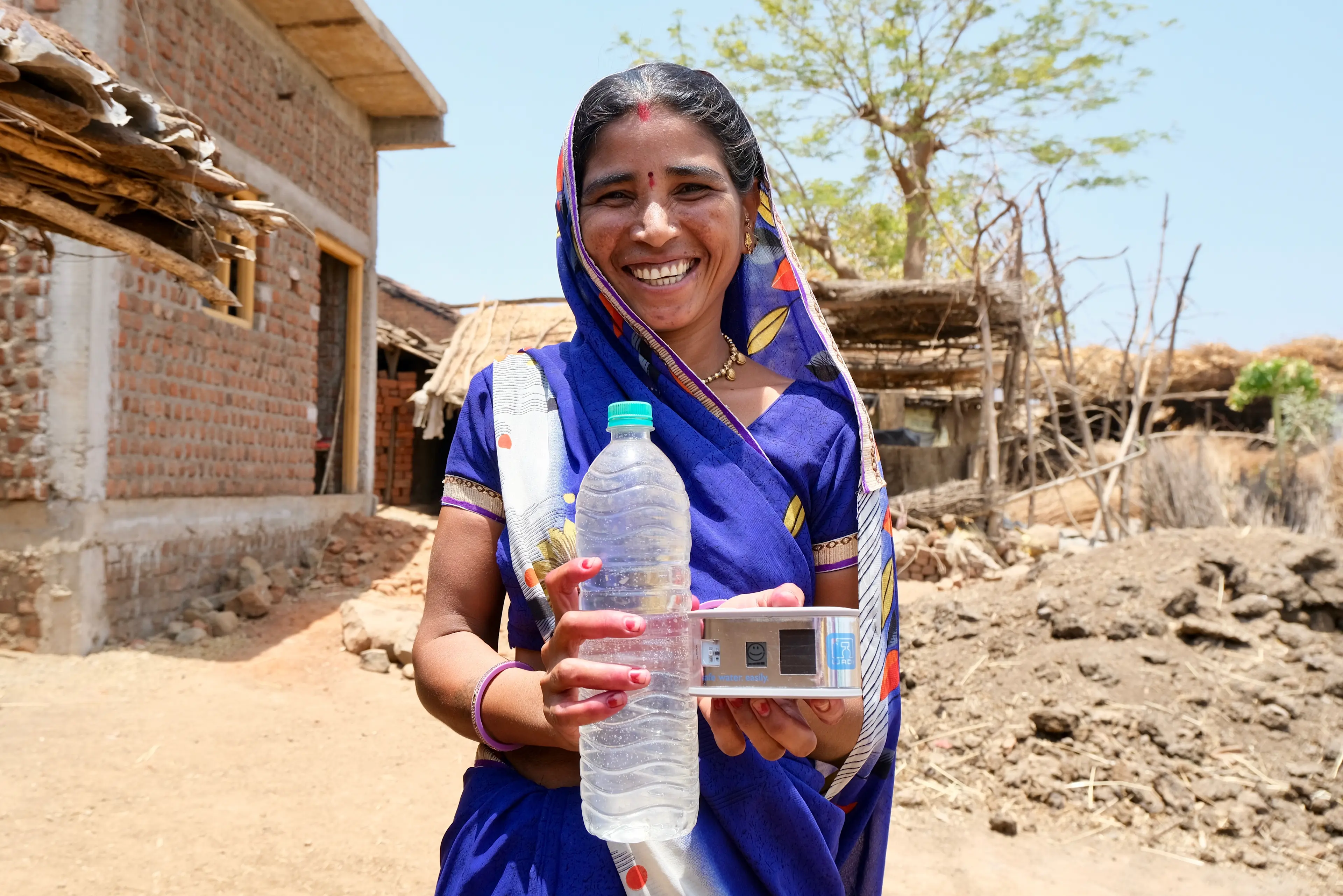
Water purification with Solar WADI devices in India
Project WADI distributes solar water distillation devices (WADIs) to families in Madhya Pradesh, India, providing access to safe drinking water and reducing reliance on boiling water for purification, thereby cutting CO2 emissions and deforestation. WADI is a solar-powered UV measurement device. It indicates when contaminated water in PET bottles (up to 3L) has been disinfected by the sun's UV radiation and is safe to drink. A smiley face appears on the WADI display when the water is ready.
Find out more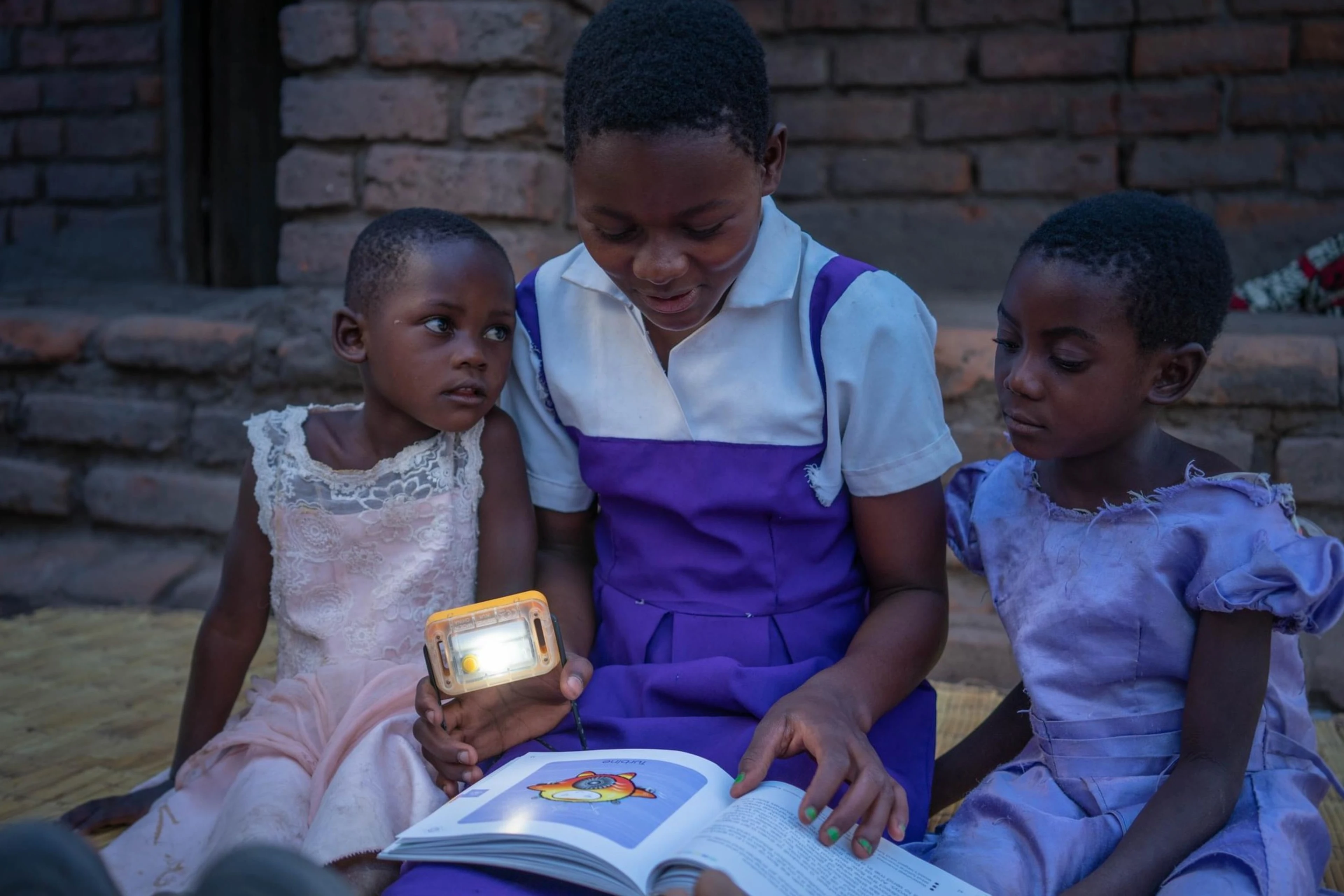
Solar energy sub-Saharan Africa
Sunshine is in abundance in Africa but when the sun goes down the working day ends for millions of people. For millions of others the only option is to ignite kerosene lamps and paraffin candles, which emit toxic fumes into their lungs and into the earth’s atmosphere. SolarAid is working to deliver clean, safe, and affordable solar lights to rural communities across sub-Saharan Africa, reaching the places no one else goes to.
Find out more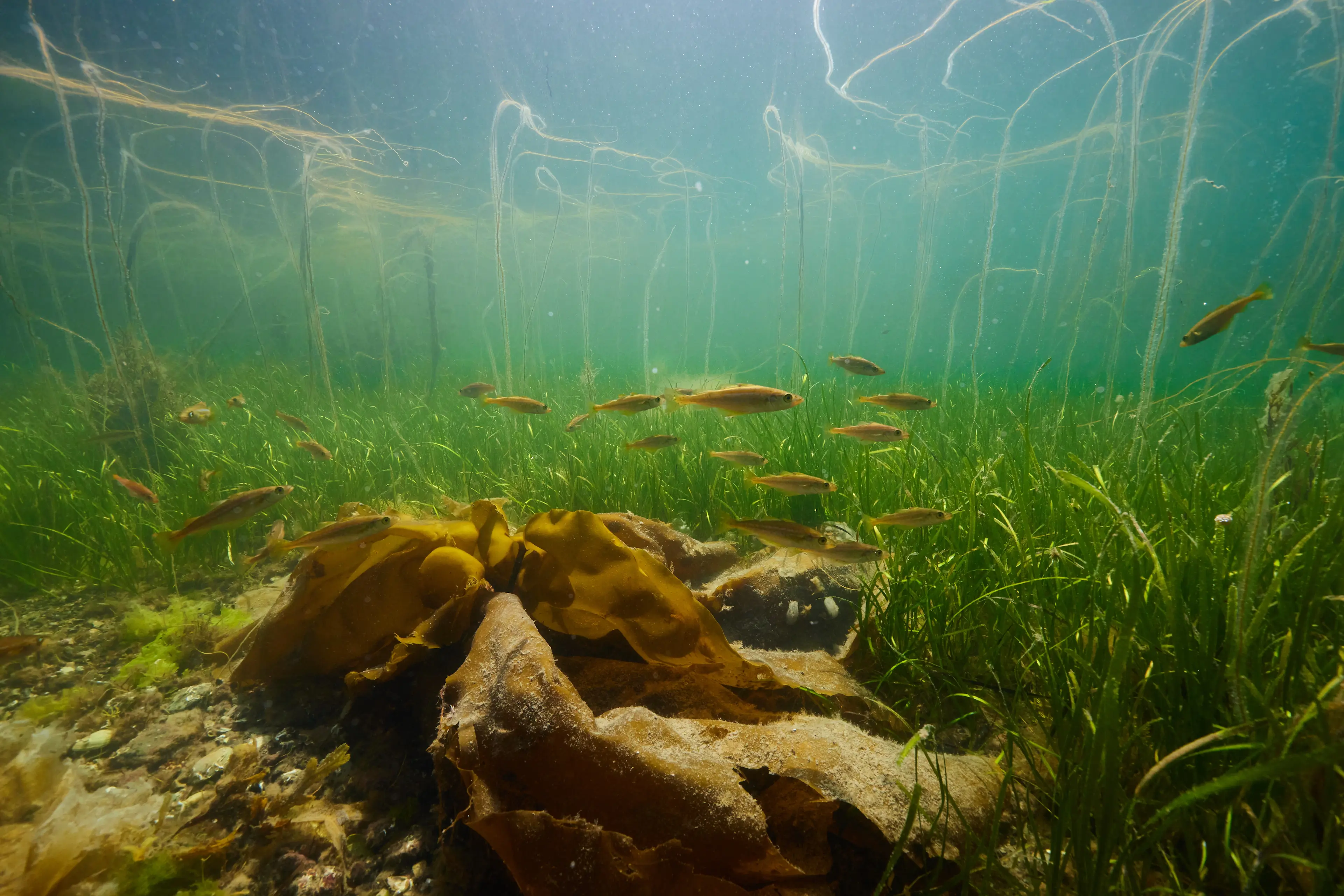
Native oyster and seagrass restoration - Scotland
Seawilding, based at Loch Craignish, Argyll is the UK's first community-led native oyster and seagrass restoration project. Their aim is to restore lost biodiversity, sequester carbon, and create green jobs. They are pioneering low-cost, best-practice marine habitat restoration methodologies and empowering other coastal communities to do the same.
Find out more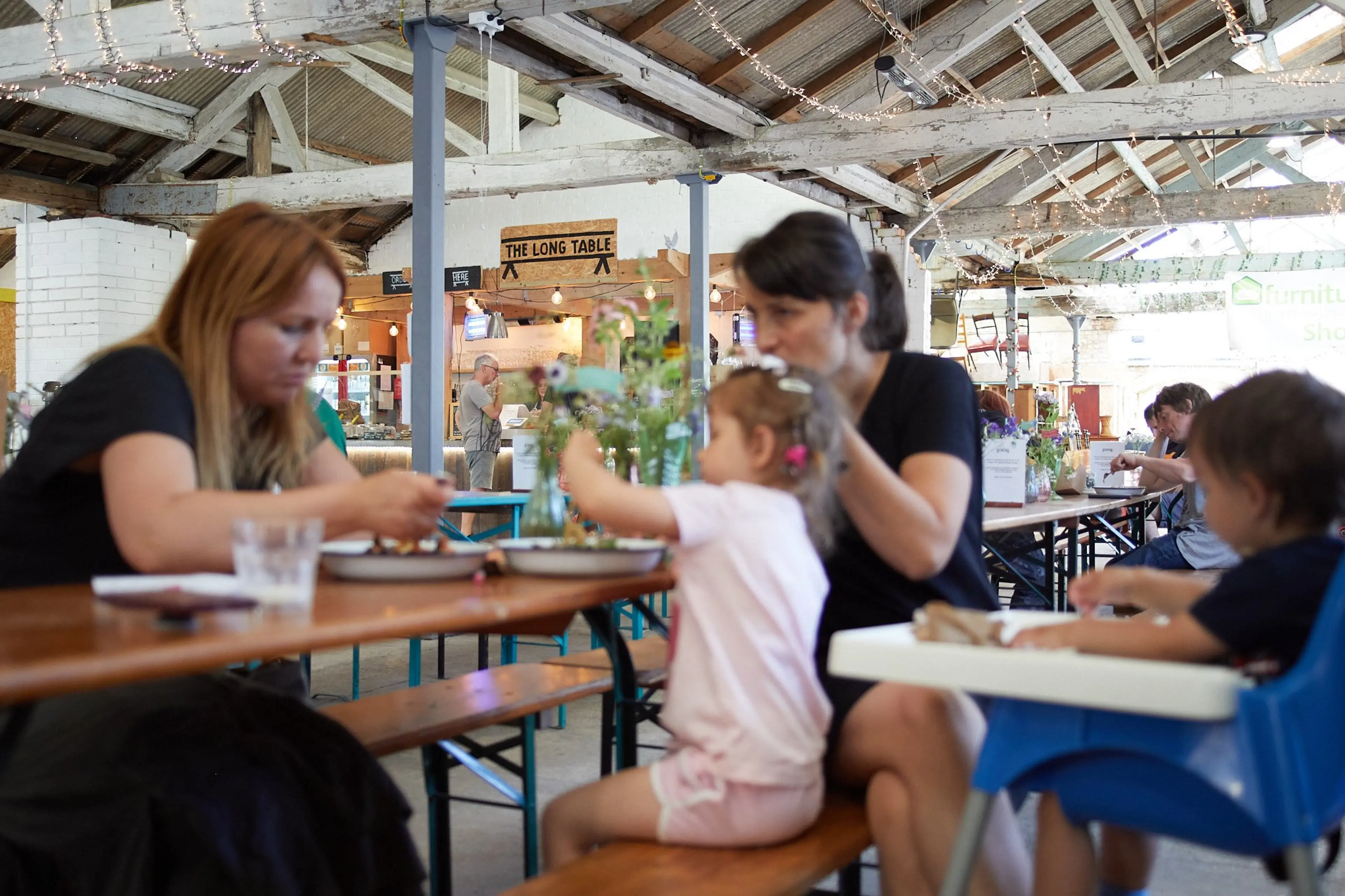
The Long Table
According to the UN World Food Program, one-third of all food grown and produced is never eaten, which, according to Our World in Data, generates 6% of human-generated, global greenhouse gas emissions. This was the spark that lit the fire for a community-based, social enterprise called The Long Table. Based in our own local community, just outside Stroud, the aim of The Long Table is to make locally sourced, wholesome food available to everyone, regardless of their social or financial background.
Find out more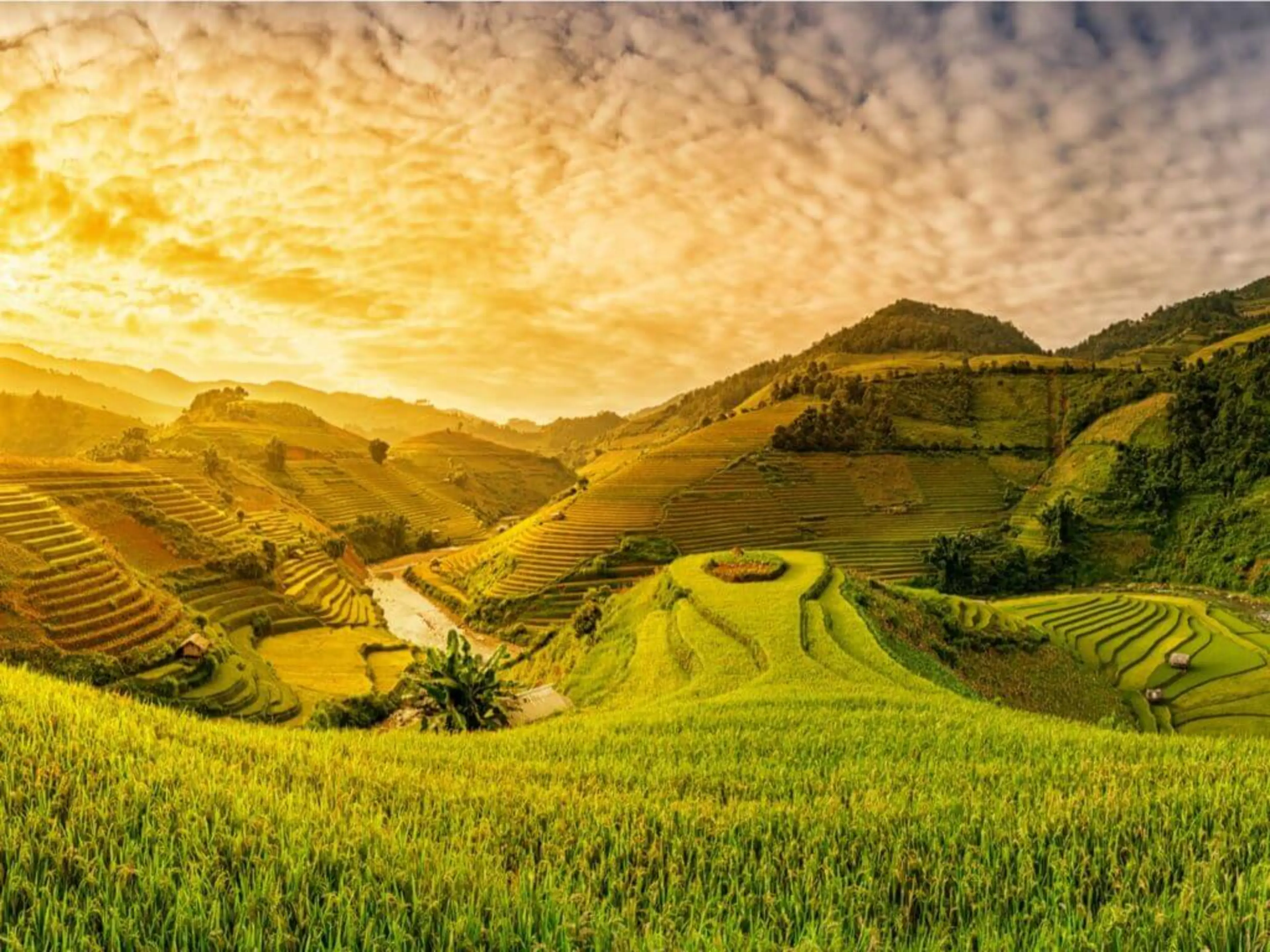
Steppes Fund for Female Guides
As a tour operator running holidays in some of the world’s more deprived regions, we strive to leave a positive social footprint in our host communities. Our aim is to provide women with access to training, equipping them with the knowledge and skills required to pursue a fulfilling and prosperous career as a guide. We prioritise this, in the knowledge that economic growth and social development are more likely to flourish where women are empowered to fully participate in labour forces. When given the opportunity, women are effective agents of change in combatting the climate crisis. We are also mindful of what a difference a good guide can make to the enjoyment of your holiday. And we know that in countries where women are already fulfilling the role of guide, they are among some of our clients favourite travelling companions.
Find out more